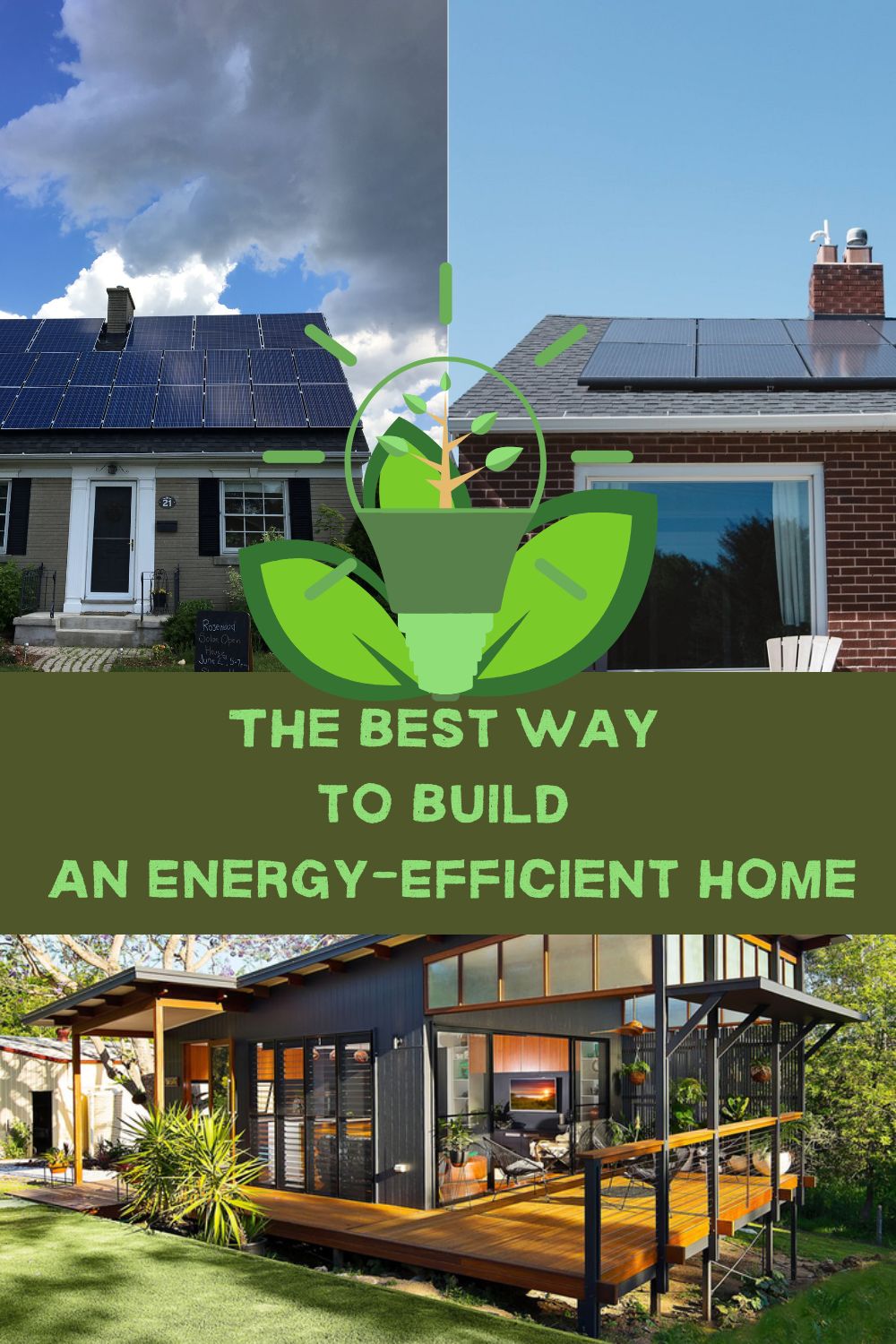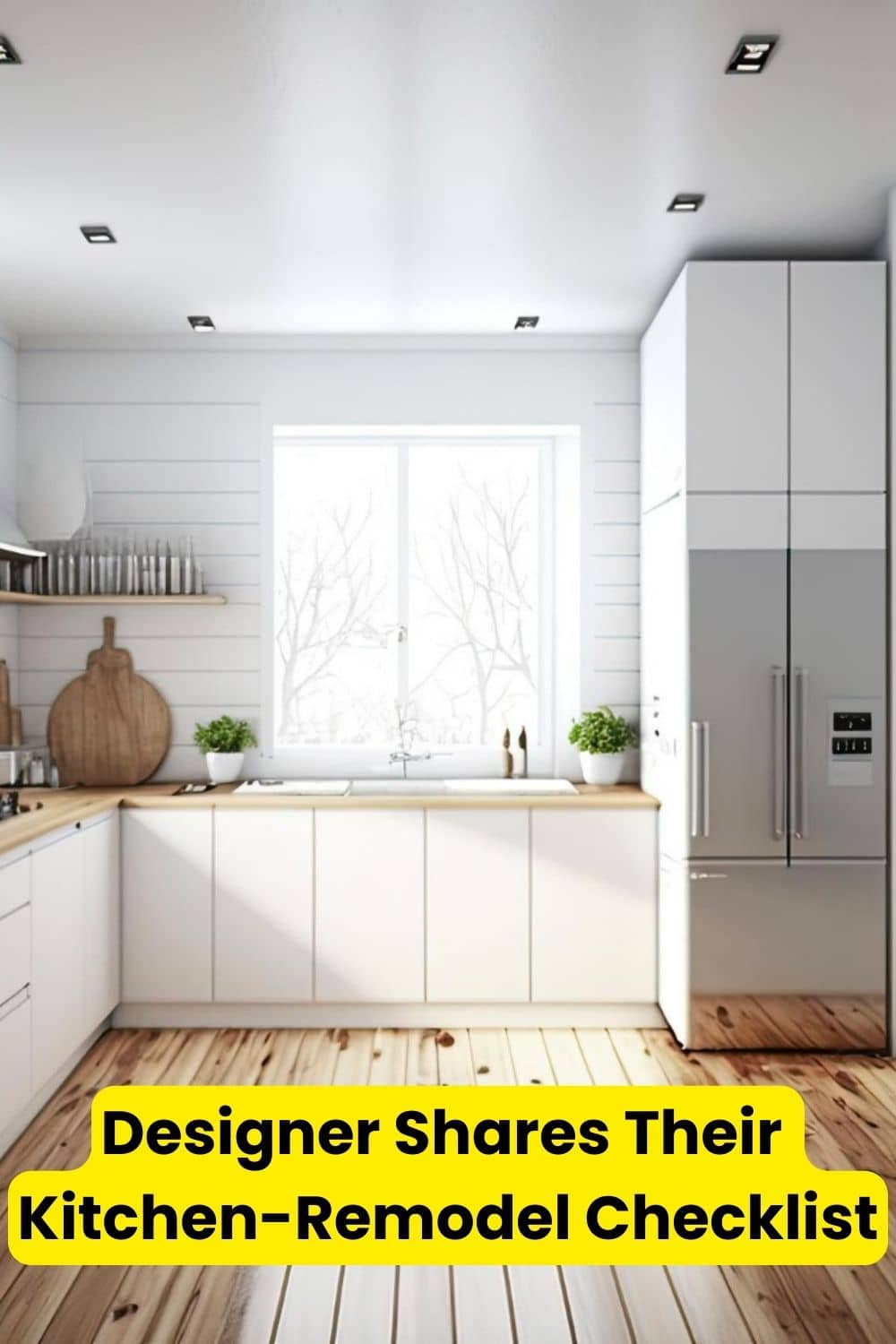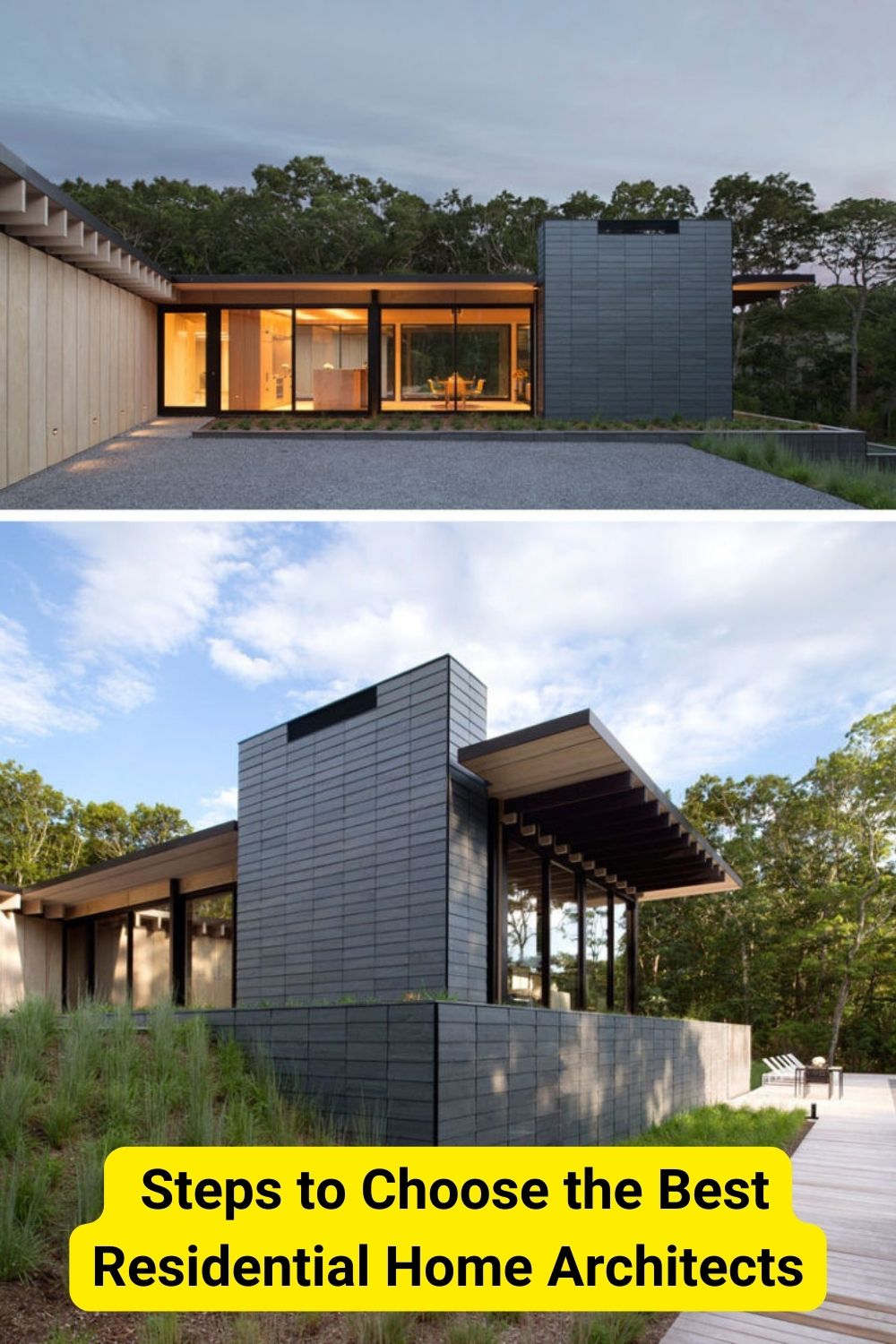What is an energy-efficient home? This is a custom-built home designed to conserve and reduce energy use. The building construction and the home appliances are planned in a way that cuts down on energy consumption and utility bills.
Energy-efficient homes are sustainable, cost-effective, and environmentally friendly. The best way to build an energy-efficient home is to ensure that everything that goes into your home’s construction is dedicated to energy conservation.
Here are a few things to consider when planning an energy-efficient home.
1. Location and Construction Design
The location, construction material, and home design directly affect the temperature of a home. Home temperature is determined by the orientation of the house. Taking different positions of the sun into consideration before building can save a lot of energy.
2. Landscaping and Trees
Elements of shade like trees and shrubs can stop your house from absorbing excess heat. Trees like Aesculus Flava, commonly called Yellow Buckeye, are a perfect example. Deciduous plants also provide shade for your home during the summer and allow some sunlight to warm your house during the winter. Trees for your home serve you best when planted on the east, west, and south sides of your home.
3. Ventilation System
The ventilation system allows the circulation of fresh air into your home. The fresh air may be from the outside of your home or from an electric appliance. The HVAC is one of the most energy-consuming systems in the home. It is best to install an energy-saving HVAC system or facilitate its performance with a double-glazed window, which is known to keep heat in and out of the house.
4.Water Conservation System
With the ongoing crisis of climate change, it’s hard to tell how imminent drought is. It is important to ensure that water is thoroughly conserved—zero waste. Rainwater collection systems and greywater recycling systems are two of the most effective ways of saving water. Such water can be channelled to the toilet, the garden, or used for laundry.
5. Energy Saving Devices
With the advancement of technology, there is a wide range of home appliances that support energy conservation. Smart lighting uses climatic conditions to adjust light brightness accordingly.
6.Insulation
Your home’s heating and cooling expenses are decreased by insulation. Insulating the foundation, each room, and the doors are recommended when constructing an energy-efficient home. Your home would stay comfortable thanks to this all year round. A door blower test may be required to find the air leak from your home and stop all found sources of air leaks.
Solar energy is a vital part of an energy-efficient home. Solar energy and solar panels power your home and save you a lot of money on utility bills. In the event of a power outage, solar energy can be a dependable source of energy.
Building an energy-efficient home requires a lot of effort and intentionality on your part, but the result is worth it. There are a lot of things in our environment that can help us become energy efficient. We only have to look into them and tap into their resources.





Leave a Reply